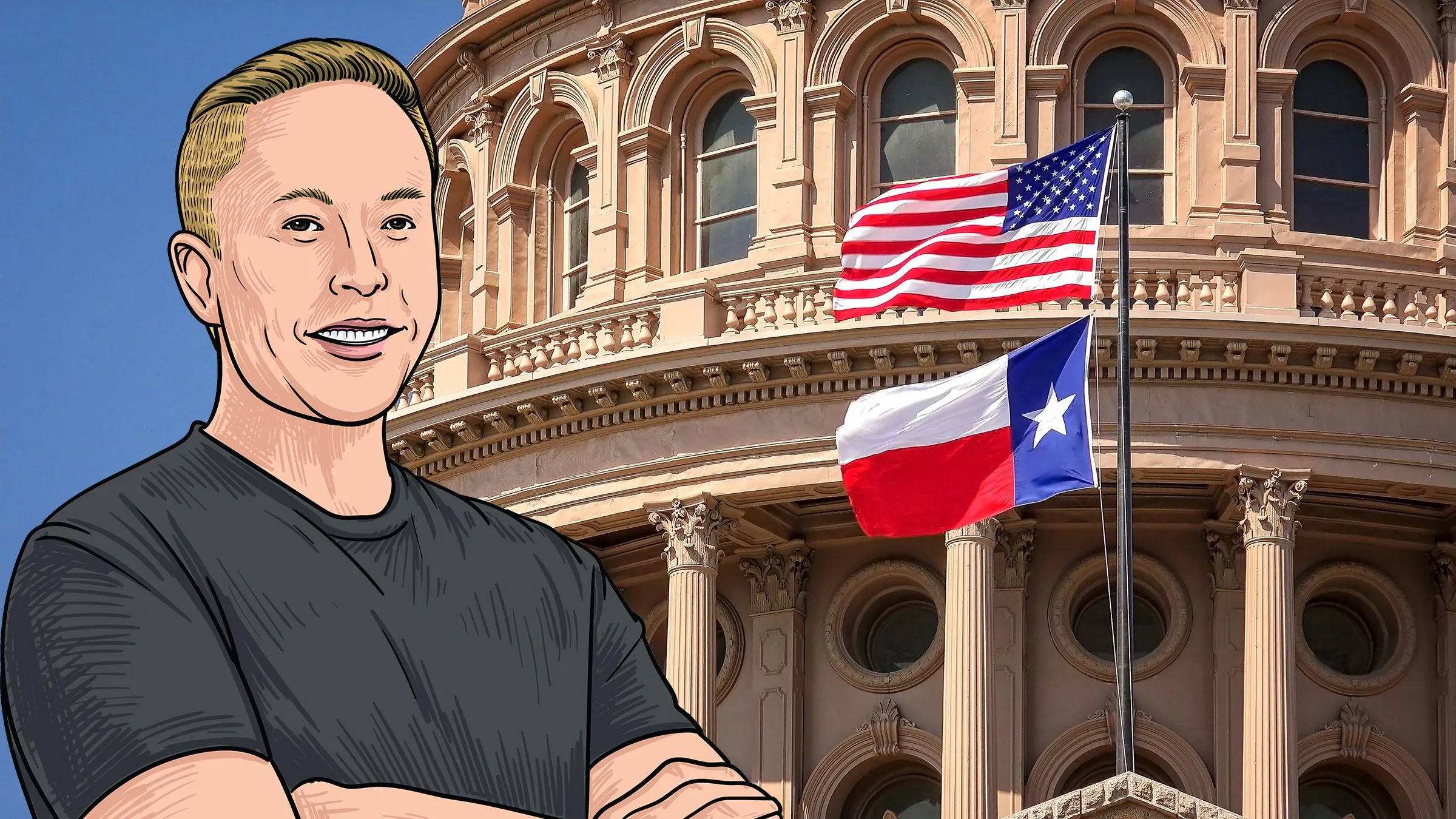On Wednesday, Texas State regulators demanded the termination of an “Artificial intelligence investment scam” that promoted TruthGPT Coin using fake animated avatars and images of Tesla and Twitter CEO Elon Musk to dupe would-be investors. The emergency cease and desist order was filed against Horatiu Charlie Caragaceanu, The Shark of Wall Street, and Hedge4.ai.
Texas regulators say TruthGPT Coin and its creator came to the agency’s attention during routine market surveillance looking into various artificial intelligence offerings.
“We noted its previous and current coin offerings and conducted background research, and subsequently determined that it warranted an investigation to understand its operations better,” Texas State Securities Board Director of Enforcement Joseph Rotunda told Decrypt in an interview. “We found [TruthGPT Coin] by proactively trying to get ahead of the curve and identify the contemporary, trendy type of offerings that may pose a threat to the public.”
The TruthGPT Coin and Elon Musk AI Token were launched in March as a new digital asset investment campaign, Texas regulators said.
“The tokens are being marketed online through avatars portraying Elon Musk endorsing TruthGPT Coin and comparing it to ChatGPT, with the claim that purchasers can earn up to 1,000 times their investment,” the order reads. "TruthGPT Coin is presented as an AI-powered cryptocurrency investment advisor, powered by Elon Musk AI.”
The order called the tokens part of a fraudulent securities scheme.
“In this case, we didn't allege a Ponzi scheme but rather a fraud through concealment of information and misleading statements,” Rotunda said. “We chose this approach because a thorough source and use analysis of assets in Ponzi cases takes time. We were concerned that waiting, given the hype around AI and the use of Elon Musk's persona, would do more harm than good.”
Securities Commissioner Travis Iles issued the emergency cease and desist order to “protect the public from immediate and irreparable harm.”
“Bad actors continue their attempts to capitalize on this widespread public interest,” Securities Commissioner Travis J. Iles said in a statement. “They’re devising schemes that create the appearance they have developed sophisticated artificial intelligence platforms – but instead of being rooted in artificial intelligence, the offerings too often are nothing more than frauds.”
While Elon Musk has talked about creating a TruthGPT A.I. tool, it does not involve a token and is not connected in any way to the TruthGPT Coin cited in the order.
“Respondents marketed these digital assets as investments that would significantly increase in value, paid lucrative guaranteed returns, and/or generated considerable passive income,” the Texas State Securities Board said. “However, these digital assets are now valued at or around $0 per token.”
The TruthGPT Coin site also included images of Binance CEO Changpeng “CZ” Zhao and Ethereum co-founder Vitalik Buterin, regulators said, in an apparent attempt to lend the scheme legitimacy.
Since the launch of OpenAI’s ChatGPT, scammers have increasingly tried to capitalize on the AI craze and trick investors out of their money and cryptocurrency. In April, California regulators with the California Department of Financial Protection and Innovation (DFPI) issued cease and desist letters to five companies that it claimed had wrapped scams in a veneer of A.I.
Other state regulators joining Texas include the Alabama Securities Commission, the Montana State Auditor, the Kentucky Department of Financial Institutions, and the New Jersey Securities Bureau.
“Since the pandemic, we've learned that scams don’t know boundaries; with increased connectivity scams cross are crossing from states to countries throughout the world,” Rotunda said. “Scammers don't limit themselves, so we shouldn’t limit ourselves to four corners.”

